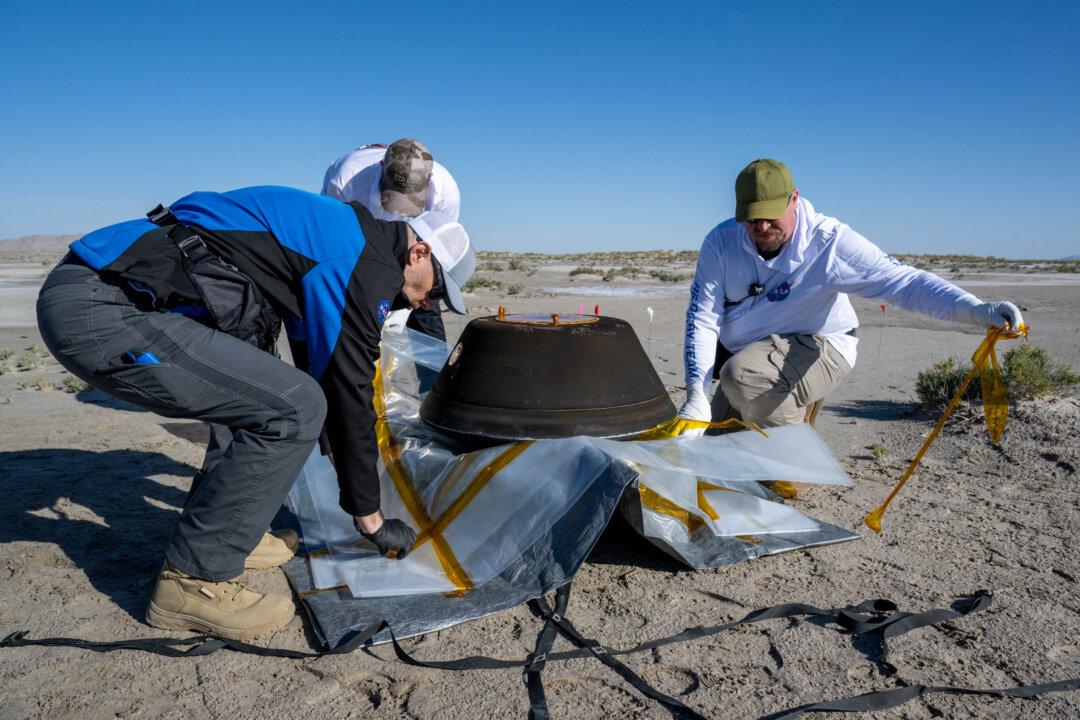WASHINGTON—The United States hopes to re-launch trade talks with China after President Donald Trump and Chinese Leader Xi Jinping meet in Japan on June 29 but Washington will not accept any conditions on tariffs, a senior administration official said on June 25.
The two sides could agree not to impose new tariffs as a goodwill gesture to get negotiations going, the official said, but it was unclear if that would happen.
The United States was not willing to come to the Xi meeting with concessions, said the official, who spoke on the condition of anonymity.
Trump and Xi will sit down together at the Group of 20 summit meeting in Osaka, the first time they have done so since trade talks between the world’s two largest economies broke down in May, after the U.S. administration accused the Chinese regime of backtracking on commitments negotiated over months of talks.
Trump advisers have said no broad trade deal is expected to be made at the meeting but they hope to create a path forward for talks as the two powers remain locked in a trade war.
Once the talks resume, they could months or even years to complete, the senior administration official said.
The United States has made clear it wants China to go back to the position it held in a draft trade agreement that was nearly completed before Beijing balked at some of its terms, particularly requirements to change its laws on key issues.
Washington wants China to change a series of practices including on intellectual property and requirements that U.S. companies share their technology with Chinese companies in order to do business there.
The official said Trump and Xi were unlikely to get into the fine details of the draft trade pact, although the case of Chinese tech giant Huawei Technologies Co may come up during talks.
The U.S. administration in May barred Huawei from doing business with American companies on national security grounds.
Washington already has imposed 25 percent tariffs on $250 billion of Chinese goods, ranging from semi-conductors to furniture, that are imported to the United States.
Trump has threatened to put tariffs on another $325 billion of goods, covering nearly all the remaining Chinese imports into the United States, including consumer products such as cellphones, computers and clothing.
The president has spoken optimistically about the chances of a deal. The administration official said rounds of meetings led by U.S. Trade Representative Robert Lighthizer and his counterpart, Vice Premier Liu He, likely would begin again after the G20 summit.
The official said that although the vice premier still led China’s trade delegation, new names had been added to the list who could be hard-liners.
By Jeff Mason





